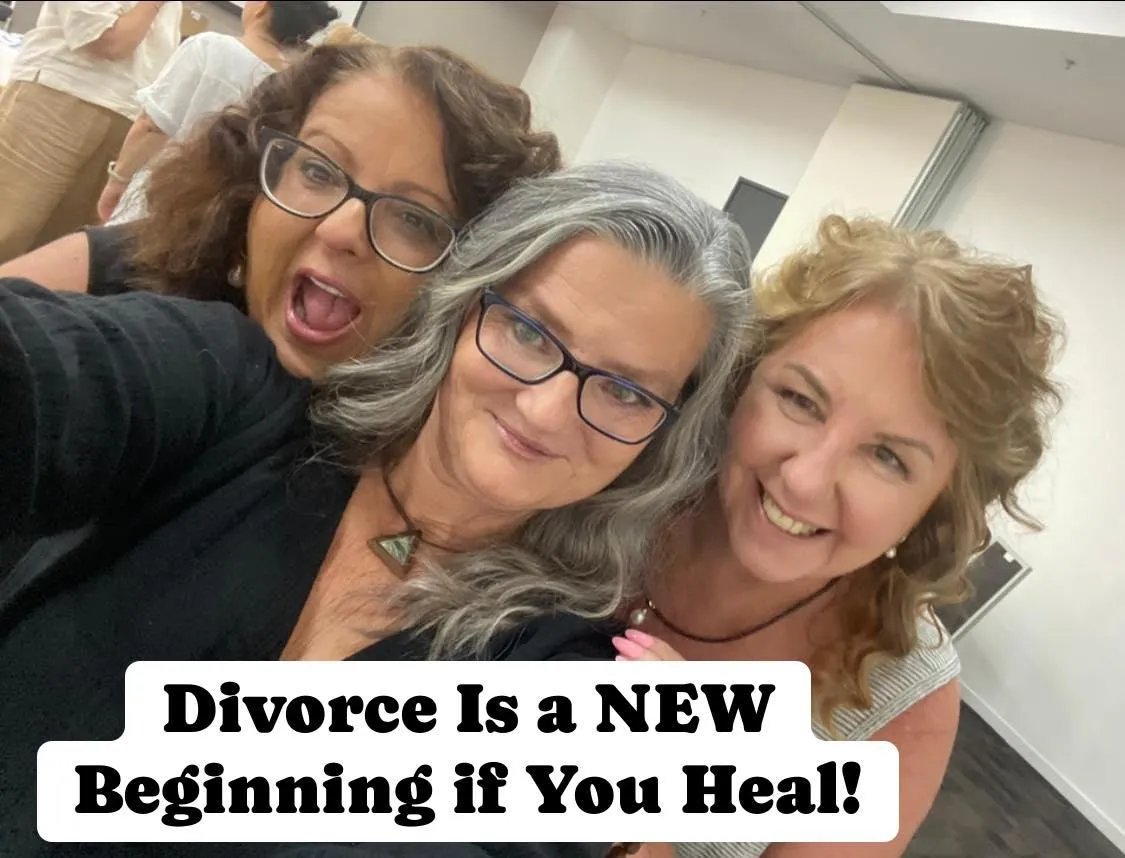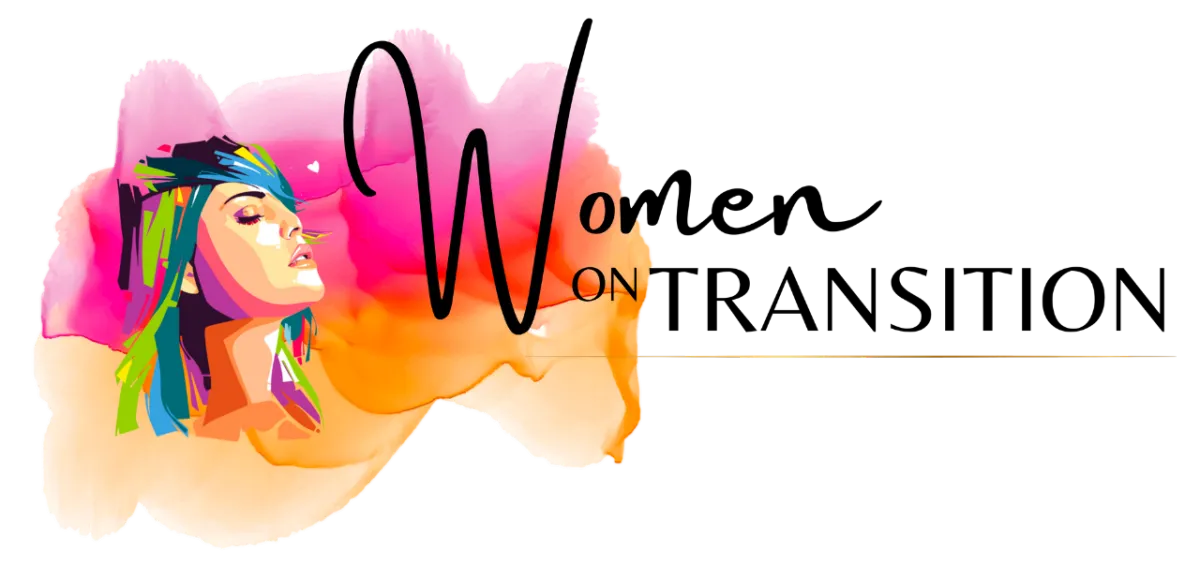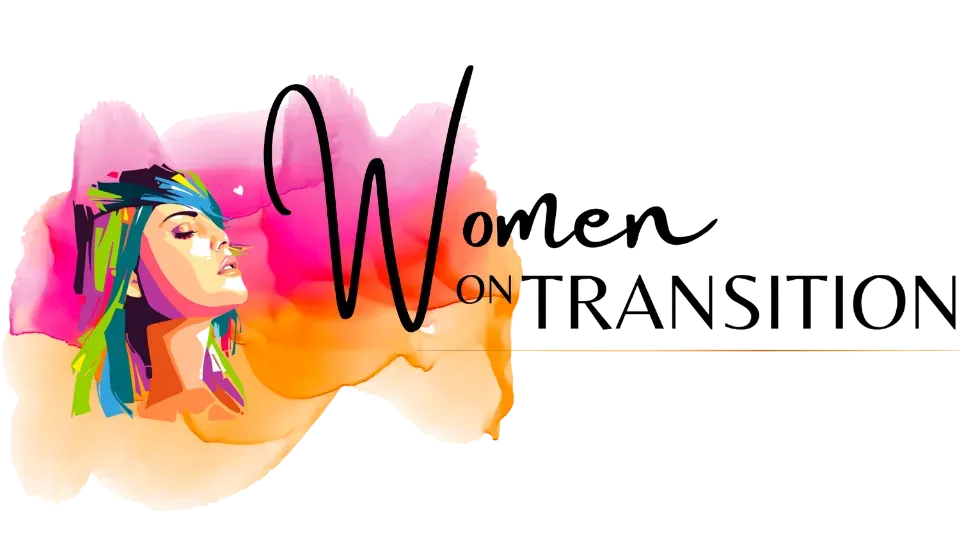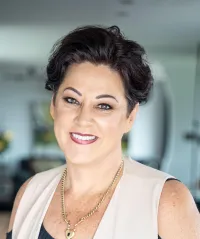Fiona & Sandra's Wise Woman's Blog...

The Stages of Divorce Recovery for Midlife Women: A Comprehensive Guide
Navigating divorce in midlife can feel like an emotional rollercoaster, leaving you questioning your future and sense of identity. Understanding the stages of recovery can help you find clarity and hope during this transformative time. As divorce recovery coaches, Sandra Lee and me, Fiona May, are here to guide you through these stages, addressing the unique fears and frustrations you might experience as a single, separated, or divorced woman in midlife, and offering insights on how to heal deeply.
Stage 1: The Shock and Denial
What You Might Feel:
- Shock: The initial news of your divorce can feel overwhelming. You may find yourself in disbelief, struggling to accept this new reality.
- Denial: You might cling to the hope that things can go back to how they were, thinking, "This can't be happening to me."
Fears and Frustrations:
- Fear of the unknown: What will your life look like now? Will you be alone forever?
- Frustration over feeling powerless in a situation that seems beyond your control.
Healing Tips:
- Allow yourself to feel your emotions fully. Denial is a natural response, but acknowledging your feelings is the first step toward healing.
- Reach out to a divorce recovery coach who can help you process your thoughts and feelings in a safe space.
Stage 2: Pain and Guilt
What You Might Feel:
- Emotional Pain: As reality sets in, sadness and grief may hit hard. You might miss the companionship or the life you shared.
- Guilt: You may grapple with guilt over the relationship ending or how it impacts your family and friends.
Fears and Frustrations:
- Fear of social stigma or judgment for being divorced in midlife.
- Frustration with self-blame and wondering what you could have done differently.
Healing Tips:
- Engage in inner child work. Reflect on your past and how it has shaped your expectations and experiences in relationships.
- Journaling is only good to get your feelings out of your head but it won’t help you to process both guilt and emotional pain. You need to upskill and grow your emotional intelligence to understand your feelings, explore their origins and learn other ways to behave.
Stage 3: Anger and Bargaining
What You Might Feel:
- Anger: This stage can be intense, and it's common to feel anger towards your ex, yourself, or the circumstances.
- Bargaining: You might find yourself thinking, "If only I had tried harder" or "What if I had done something differently?"
Fears and Frustrations:
- Fear of being perceived as bitter or angry, especially in social situations.
- Frustration with the inability to change what has already happened.
Healing Tips:
- Channel your anger into something constructive—consider physical activity, art, or volunteer work that aligns with your passions.
- Reflect on the dynamics of your relationship. Understand what led to its failure and how you can grow from these insights.
Stage 4: Depression and Reflection
What You Might Feel:
- Depression: You may feel a sense of hopelessness, withdrawing from activities and social connections.
- Reflection: This is a critical phase for self-discovery, allowing you to understand what you truly need moving forward.
Fears and Frustrations:
- Fear that you’ll never find happiness or love again.
- Frustration with the slow pace of recovery and lingering sadness.
Healing Tips:
- Prioritize self-care. Engage in activities that bring you joy or relaxation—like yoga, gardening, or reading.
- Learn about effective communication and negotiation skills. This knowledge can empower you for future relationships and help you articulate your needs.
Stage 5: The Upward Turn
What You Might Feel:
- Hope: As you begin to heal, you may feel a renewed sense of hope and possibility.
- Clarity: You start to understand your desires and what a healthy relationship means for you.
Fears and Frustrations:
- Fear of moving forward too quickly or repeating past mistakes.
- Frustration with the emotional baggage that may still linger.
Healing Tips:
- Explore what healthy relationships look like. Educate yourself on how men relate and connect differently, which can help you in future interactions.
- Seek out supportive communities of women who understand your journey. Sharing experiences can foster healing and connection.
Stage 6: Reconstruction and Working Through
What You Might Feel:
- Empowerment: You begin to reclaim your life, making positive changes and taking control of your future.
- Creative Energy: You might feel inspired to pursue new goals, hobbies, or even career changes.
Fears and Frustrations:
- Fear of vulnerability as you consider dating or opening up to new relationships.
- Frustration with the ongoing need for personal growth and self-understanding.
Healing Tips:
- Establish new routines that reflect your values and aspirations. This is your opportunity to create a life that aligns with who you are now.
- Continue exploring your coping styles and behavior patterns. Understanding these will help you navigate relationships more effectively.
Stage 7: Acceptance and Hope
What You Might Feel:
- Acceptance: You start to see the divorce as a part of your journey, not the end of it.
- Hope: You look forward to the future with optimism and a clearer sense of self.
Fears and Frustrations:
- Fear of opening up to new relationships and the vulnerability that comes with it.
- Frustration with the fear of repeating past experiences or making the same mistakes.
Healing Tips:
- Create a vision for your future. What do you want your life to look like? Write it down and visualize it.
- Focus on building fulfilling relationships that reflect your newfound self-awareness and values.
Conclusion: Embracing Your Healing Journey
Recovering from divorce in midlife isn’t easy and you can’t just move on; it’s about upskilling and learning to deeply understand yourself and how your childhood needs have affected you. As you navigate these stages, remember that healing is not a linear process. Engage in inner child work with a divorce recover coach to uncover the roots of your relationship patterns. Learn from your past, communicate effectively, and embrace the potential for healthy relationships in the future.
By focusing on your core healing, you can then begin the new journey of creating a new pathway that leads to fulfillment and joy. You must create the life you want and seek out a coach and community so you are not alone in this journey; support is available, and hope is always on the horizon. Embrace this opportunity to redefine your life and discover the happiness you deserve.
Ready to take the next step in your healing journey? Book a free call with me today and let’s explore how you can rebuild with clarity, confidence, and self-love.
Fiona x
Women On Transition


